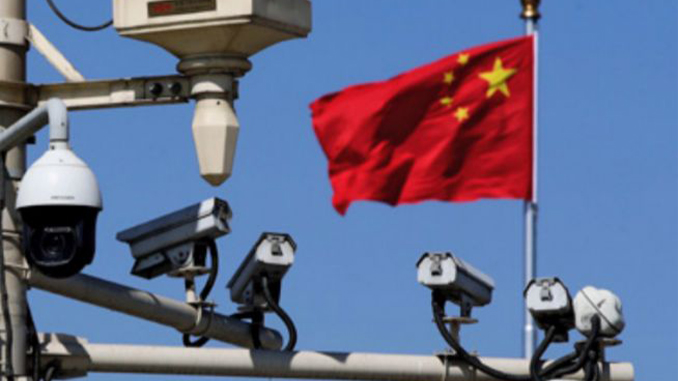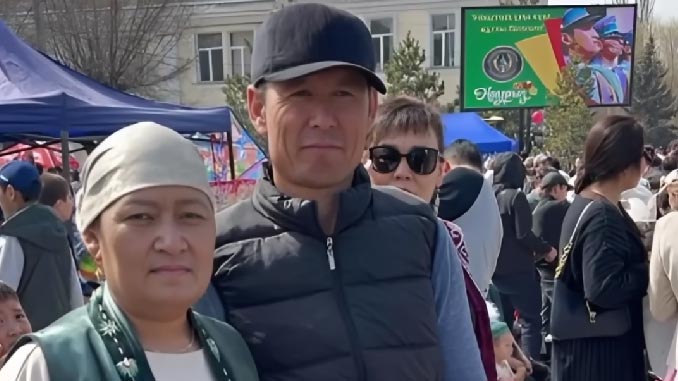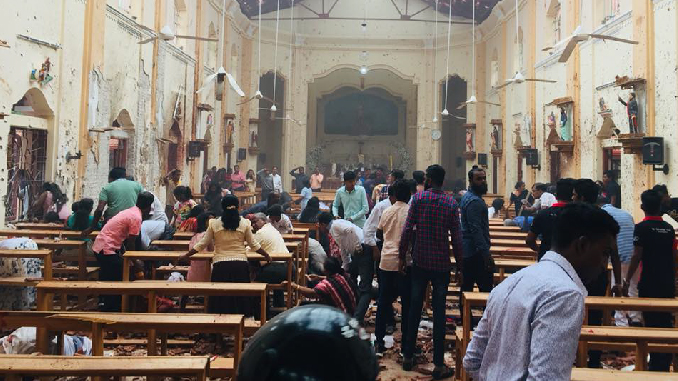“Help me quickly. I will always hope and will praise you more and more.”
[Jul.20.2022] Some arguments have been raised that some countries are increasingly using digital technology to suppress religious freedom. It is a form of “digital persecution” that monitors an individual’s religious activities through CCTV or SNS or spreads false information about Christianity in online spaces.
“The development of new technologies is leading to increased digital persecution,” said Open Doors UK, an international Christian persecution watchdog. Given that it will be a new threat, it is time to pay attention to the digital persecution of religion.”
Kookmin Ilbo secured a report from Open Doors UK through Korea Open Doors and examined the contents. The report cited three types of digital persecution: ‘monitoring’, ‘censorship’, and ‘false information’. Regarding surveillance, Open Doors UK cited Chinese authorities’ testing of the automation system in Xinjiang Uyghur as a representative example.
A leaked Uyghur local police report in May showed how they monitor ordinary citizens with advanced CCTVs. The suspect was arrested and detained after checking for religious activities with facial recognition cameras that detect people’s emotions based on changes in body temperature and muscles.
Censorship is also underway, such as blocking posts or punishing people who visit certain Internet sites. The problem is that global companies with digital technologies are accommodating the demands of countries that persecute religious activities. Apple and Google have removed the Bible application from mobile stores in China.
Spreading false information online was another form of digital persecution. A representative example was the death of a teenage girl in India named Sukumar in 2020. A false rumor was spread on SNS that it was due to Christian witchcraft when several locals became ill and died from contamination of the water. Villagers abducted and killed her.
Open Doors UK has requested cooperation from governments and international organisations to address digital persecution. He also said that churches and organisations should think about ways to avoid persecution.
Open Doors UK said, “The government should produce ethics standards regarding the development of technology to protect the rights of religious people. “We need cooperation from digital technology companies. The courage to resist the government’s request to remove religion-related apps are essential, and we need to respond to curtail false information posted on social media,” he emphasised. (Source: Kookmin Ilbo Comprehensive).
Do not be far from me, my God; come quickly, God, to help me. May my accusers perish in shame; may those who want to harm me be covered with scorn and disgrace. As for me, I will always have hope; I will praise you more and more. (Psalms 71:12-14)
God, we need Your urgent attention and help as a growing number of countries are using advanced technology to oppress and monitor the believers. May the churches of the nations rise in unity to stand against Satan’s evil schemes. We believe that You have the power that can demolish every pretension and thought and make it obedient to You. May You set up companies that honour You so that they may develop the technology to protect religious freedom. May Your gospel be preached further through technology, thus giving hope to the people who are under oppression.
Prayer 24·365
prayer@prayer24365.org








